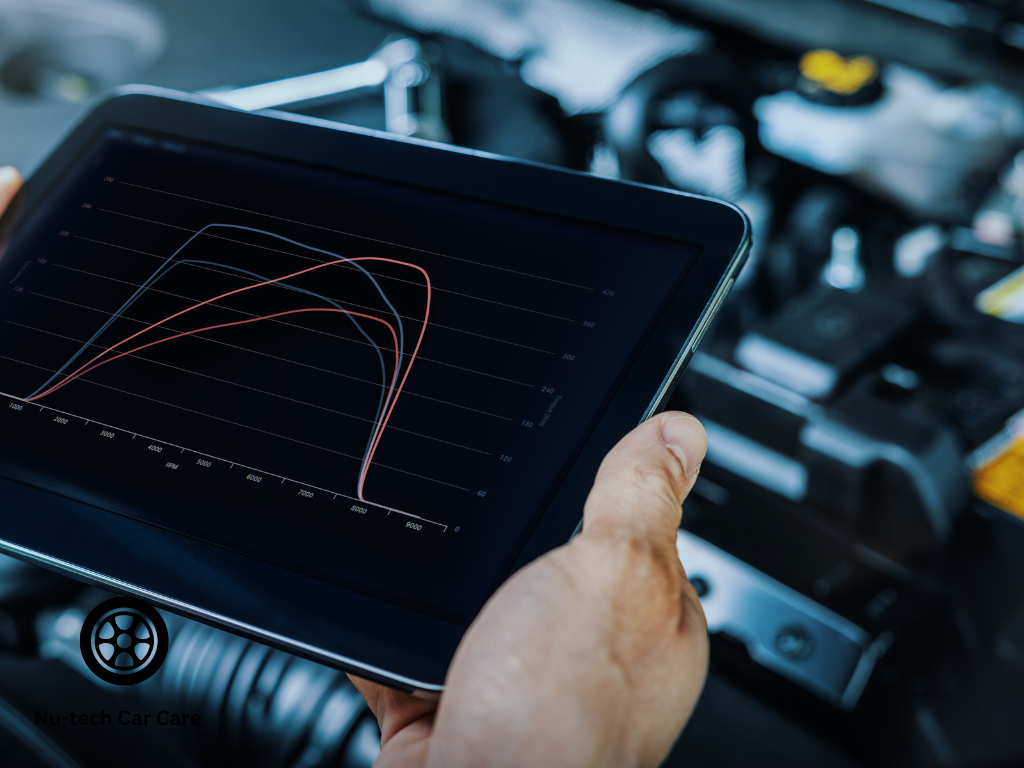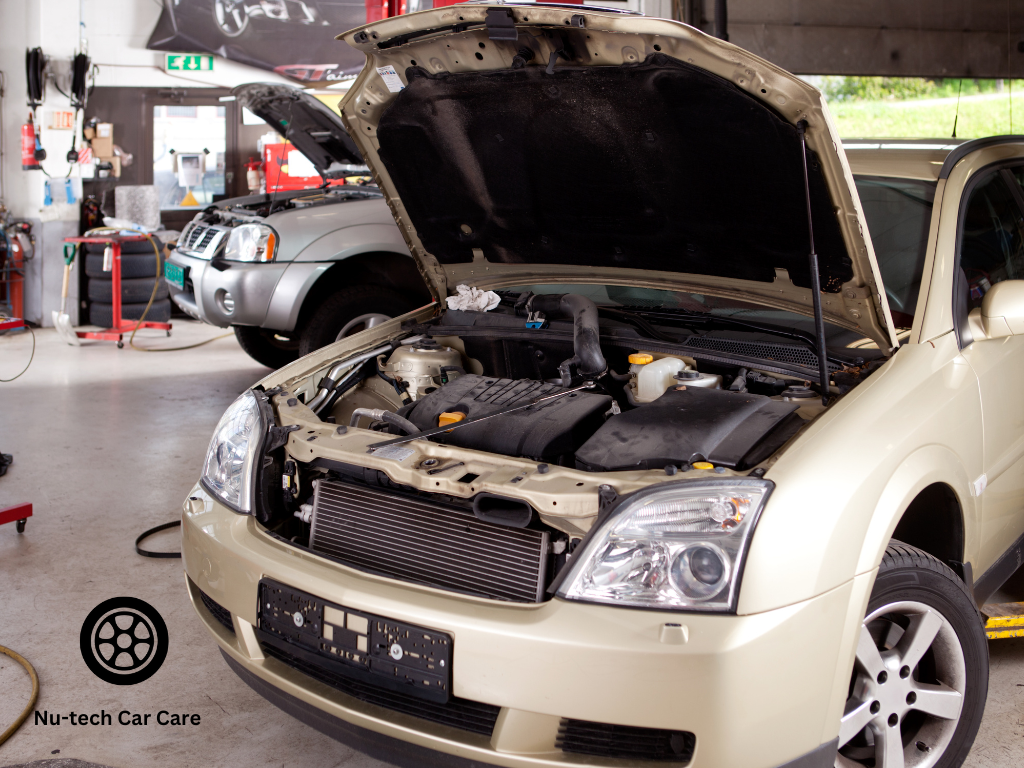Vehicle ownership entails a variety of legal responsibilities, essential for ensuring the safety and legality of operating vehicles on public roads. Among these responsibilities, rego checks play a pivotal role. They not only confirm a vehicle’s registration status but also ensure compliance with mandatory legal standards. These checks are crucial for both vehicle owners and the broader community, ensuring that only vehicles that meet specific safety and regulatory standards are allowed on the road. Furthermore, rego checks have significant implications for vehicle insurance, affecting policy validity and coverage terms based on the vehicle’s compliance status.
Understanding Legal Compliance in Vehicle Ownership

Legal compliance in the context of vehicle ownership encompasses adherence to a set of laws and regulations established to maintain road safety and order. These laws cover various aspects of vehicle use, including but not limited to:
- Registration: Ensuring your vehicle is registered and its details are up to date in the official records. Registration proves that a vehicle has been deemed roadworthy and that the owner has paid the necessary fees to the government.
- Insurance: Carrying the minimum required insurance coverage, typically third-party liability insurance, to cover damages or injuries your vehicle might cause to others.
- Safety Standards: Complying with vehicle safety standards, which may include regular inspections to check for emissions, vehicle safety features, and overall roadworthiness.
The Essential Role of Rego Checks

Rego checks serve as a critical mechanism for verifying a vehicle’s legal compliance status. Conducting a rego check can reveal a wealth of information crucial for ensuring that a vehicle adheres to legal standards, including:
- Registration Status and Expiry Dates: Confirming that the vehicle is currently registered, the registration category, and when the registration expires.
- Outstanding Compliance Issues: Identifying any compliance issues or anomalies that might affect the vehicle’s legal standing, such as unpaid fines or penalties related to the vehicle.
Impact of Rego Checks on Legal Compliance

Rego checks can serve as an early warning system for vehicle owners, highlighting potential legal compliance issues before they escalate into more significant problems. For example, a rego check might reveal that a vehicle’s registration has lapsed due to an oversight by the owner, or it might uncover unpaid fines associated with the vehicle. The consequences of such non-compliance can range from minor fines to more severe penalties like vehicle impoundment or restrictions on the owner’s ability to renew their registration.
Rego Checks and Vehicle Insurance

The relationship between rego checks and vehicle insurance is significant. Insurance companies often require proof of valid registration to issue or renew a policy, using rego checks to assess the risk associated with insuring the vehicle. If a rego check reveals that a vehicle is not compliant with legal standards, it can lead to increased insurance premiums, limitations on coverage, or even denial of insurance. For vehicle owners, maintaining a clean rego check record is crucial to securing favorable insurance terms.
Proactive Measures for Vehicle Owners

Vehicle owners can take several proactive steps to leverage rego checks for ensuring continuous legal compliance and maintaining their insurance coverage:
- Regular Rego Checks: Schedule regular rego checks to stay ahead of any potential compliance issues. This proactive approach can help identify and resolve any registration or compliance problems before they impact your legal standing or insurance status.
- Stay Informed: Keep abreast of legal changes affecting vehicle registration and insurance requirements. Laws and regulations can evolve, and staying informed helps ensure you remain compliant.
- Address Issues Promptly: If a rego check uncovers any issues, address them promptly. Whether it’s renewing your registration, paying outstanding fines, or correcting discrepancies in your vehicle’s records, swift action can prevent more severe consequences and ensure your vehicle remains insured and legally compliant.
- Consult Professionals: If you’re unsure about the implications of your rego check results or how to resolve identified issues, consult a professional. Legal advisors or insurance agents can provide guidance tailored to your situation, ensuring you take the right steps to maintain compliance.
Navigating Challenges and Resolving Issues

When a rego check uncovers issues like lapsed registration or compliance discrepancies, vehicle owners might feel overwhelmed. However, these challenges are navigable with the right approach. Addressing issues promptly is key to maintaining your legal standing and ensuring your insurance coverage remains unaffected.
- Lapsed Registration: If your registration has expired, contact your local vehicle registration authority immediately to renew. In some cases, you might need to pay a late fee, but prompt action can prevent more severe penalties.
- Compliance Discrepancies: If there are discrepancies related to vehicle compliance, such as safety or emissions standards, take your vehicle to a certified mechanic or inspection center to address the required repairs or adjustments.
Resolving these issues promptly not only helps avoid legal penalties but also ensures that your vehicle meets the criteria for insurance coverage.
Conclusion
Regular rego checks are a crucial aspect of responsible vehicle ownership. They ensure that your vehicle remains compliant with legal requirements, thereby safeguarding you against penalties and ensuring that your insurance coverage is not jeopardized. By integrating rego checks into your vehicle maintenance routine, you can address potential issues before they become significant problems, maintain your vehicle’s legal compliance, and enjoy peace of mind knowing that your vehicle meets all necessary legal and insurance requirements.










